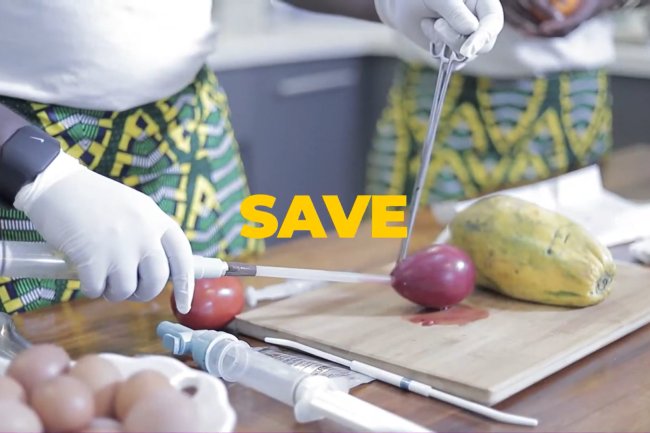Are there barriers contributing to health providers' unwillingness to provide abortion services?
Medical doctors strongly influence abortion care services and, as a result, increase or decrease women's access to these services, regardless of the legal context. According to Rwandan law, abortion, to be legal and safe, must be performed by a trained and licensed medical doctor in a clinical setting at a hospital or polyclinic level. Are there any barriers that contribute to Providers' unwillingness to provide safe abortion services? Provider judgment and bias may lead to women and girls in Rwanda with unplanned or unwanted pregnancies resorting to unsafe and illegal abortions, even if these women meet the legal requirements. Abortions that are unsafe raise maternal mortality and morbidity rates. Between 2017 and 2019, abortion-related deaths were ranked fourth (4th) among Rwanda's leading causes of maternal mortality.
Despite a more liberalized law, providers' bias and unwillingness, as well as social, cultural, and religious stigma, make it difficult for women in Rwanda to obtain a safe, acceptable legal abortion. As a result, safe abortion care and services remain scarce and inaccessible. Medical doctors strongly influence abortion care services and, as a result, increase or decrease women's access to these services, regardless of the legal context. According to Rwandan law, abortion must be performed by a trained and licensed medical doctor in a clinical setting at a hospital or polyclinic level to be legal and safe. Are there any barriers that contribute to Providers' unwillingness to provide safe abortion services? Provider judgment and bias may lead to women and girls in Rwanda with unplanned or unwanted pregnancies resorting to unsafe and illegal abortions, even if these women meet the legal requirements. Abortions that are unsafe raise maternal mortality and morbidity rates. Between 2017 and 2019, abortion-related deaths were ranked fourth (4th) among Rwanda's leading causes of maternal mortality.




















